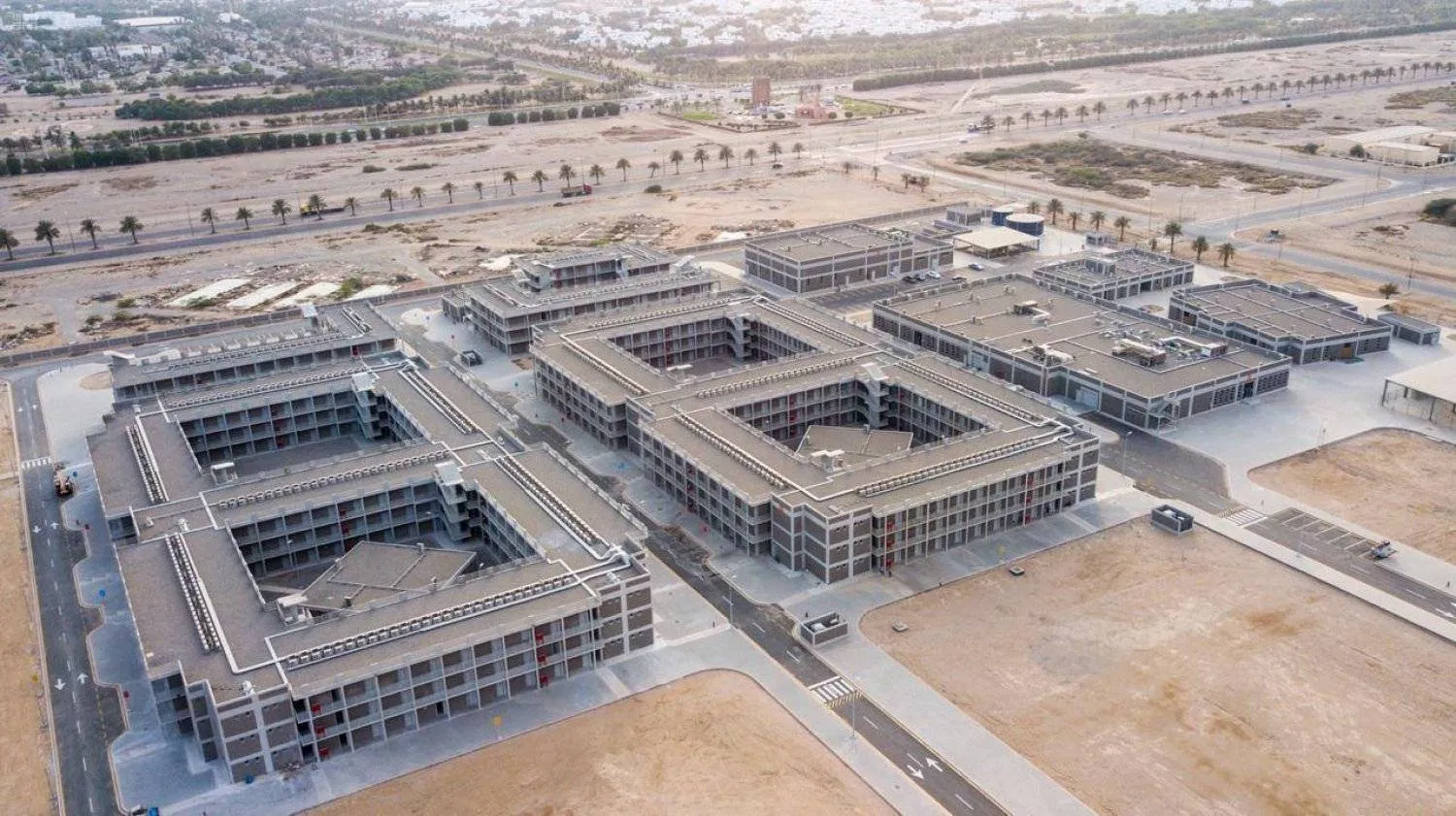The Public Investment Fund (PIF) has announced plans to invest in workers’ housing and develop more residential complexes for laborers involved in Saudi Arabia’s major construction and development projects. Experts say this move will increase the supply of housing solutions, especially in light of upcoming global events such as Expo 2030 and the 2034 FIFA World Cup, as well as the ongoing megaprojects in the Kingdom.
The PIF has launched the Smart Accommodation for Residential Complexes Co. (SARCC), a company focused on the development and operation of residential complexes for workers across key construction and development projects in the country. SARCC aims to meet the growing demand for worker housing solutions and provide services for both public and private projects nationwide.
Real estate experts believe this new company will help ease pressure on family housing by creating additional housing options for workers. This is expected to boost the overall supply of housing and, in turn, help reduce prices and contribute to the goal of increasing the homeownership rate for Saudi families to 70% by 2030.
Khaled Al-Mobid, CEO of Menassat Real Estate, highlighted that one of the biggest challenges for the Kingdom’s development is the rising demand for labor due to the ongoing megaprojects. He pointed out that these workers need suitable housing, but the market currently suffers from a shortage of available options, many of which are not suitable for workers.
Al-Mobid noted that the PIF’s decision to launch a real estate development company focused on worker housing is a timely and beneficial step that will address the issue of workers living in inadequate areas.
Ahmed Omar Basodan, another expert in real estate, said that establishing SARCC aligns with the scale of the ongoing megaprojects and upcoming global events like Expo 2030 and the 2034 FIFA World Cup, which will require a massive workforce. Basodan emphasized that the new company will help move workers out of family housing and into specialized residential complexes, increasing the supply of housing and supporting the goal of 70% homeownership by 2030.
He further noted that the PIF has already launched companies in the real estate sector, such as Roshn Group, Saudi Downtown Company, and New Murabba Development Company, recognizing the significant opportunities within Saudi Arabia’s real estate market.
According to the PIF’s statement, SARCC will play a key role in developing the housing sector by investing in and managing worker housing complexes. It will also enhance housing standards for workers by developing and operating projects that meet international standards set by the European Bank for Reconstruction and Development and the International Finance Corporation, which is part of the World Bank.









